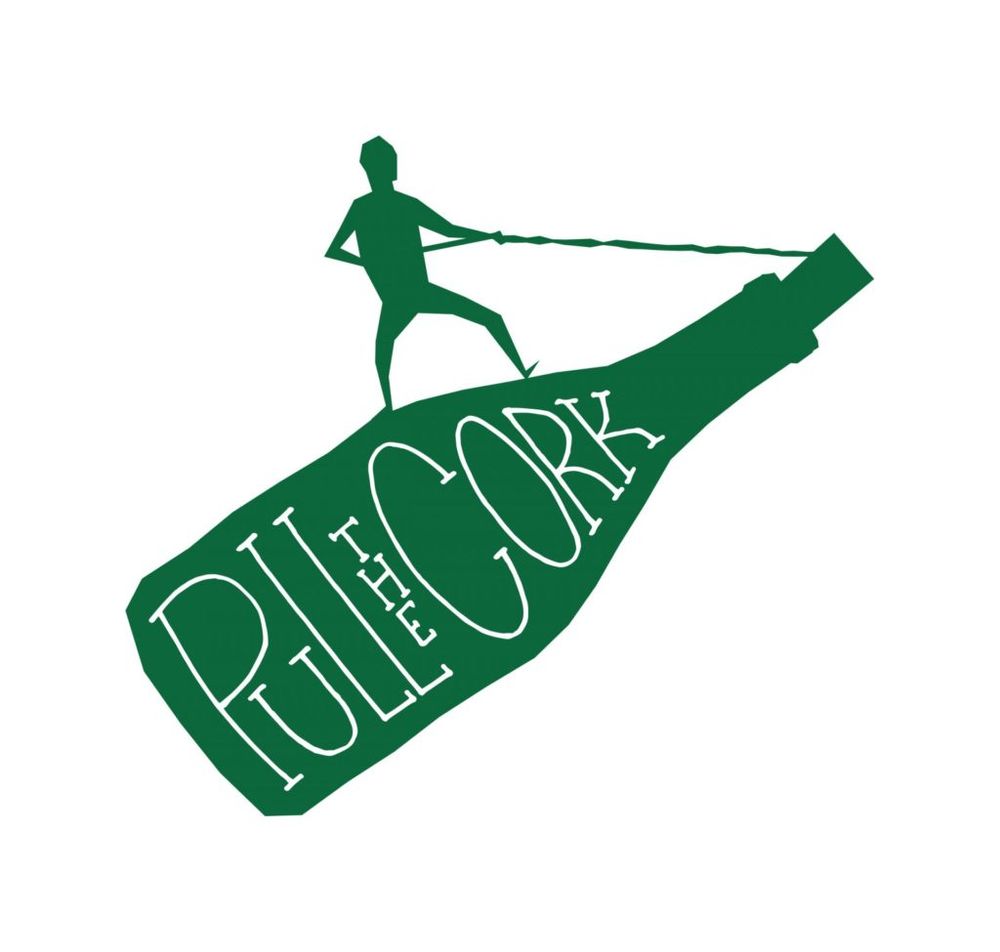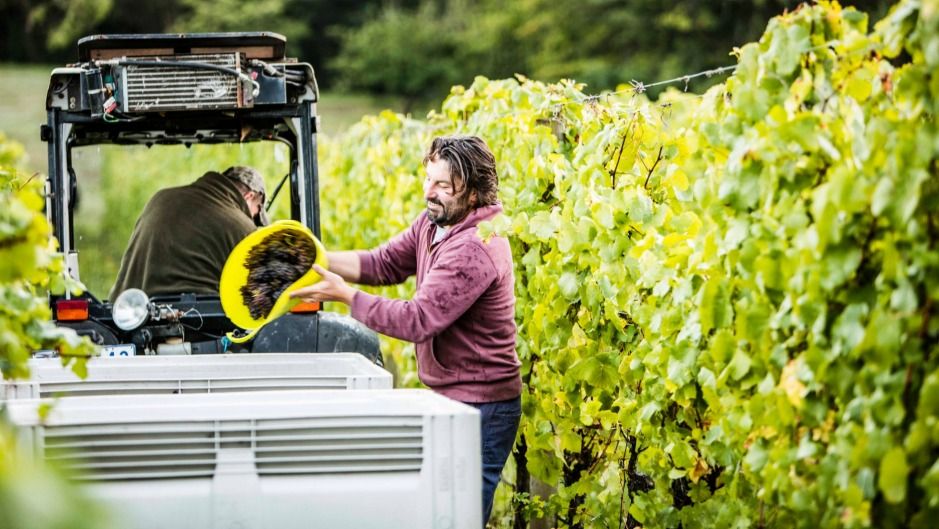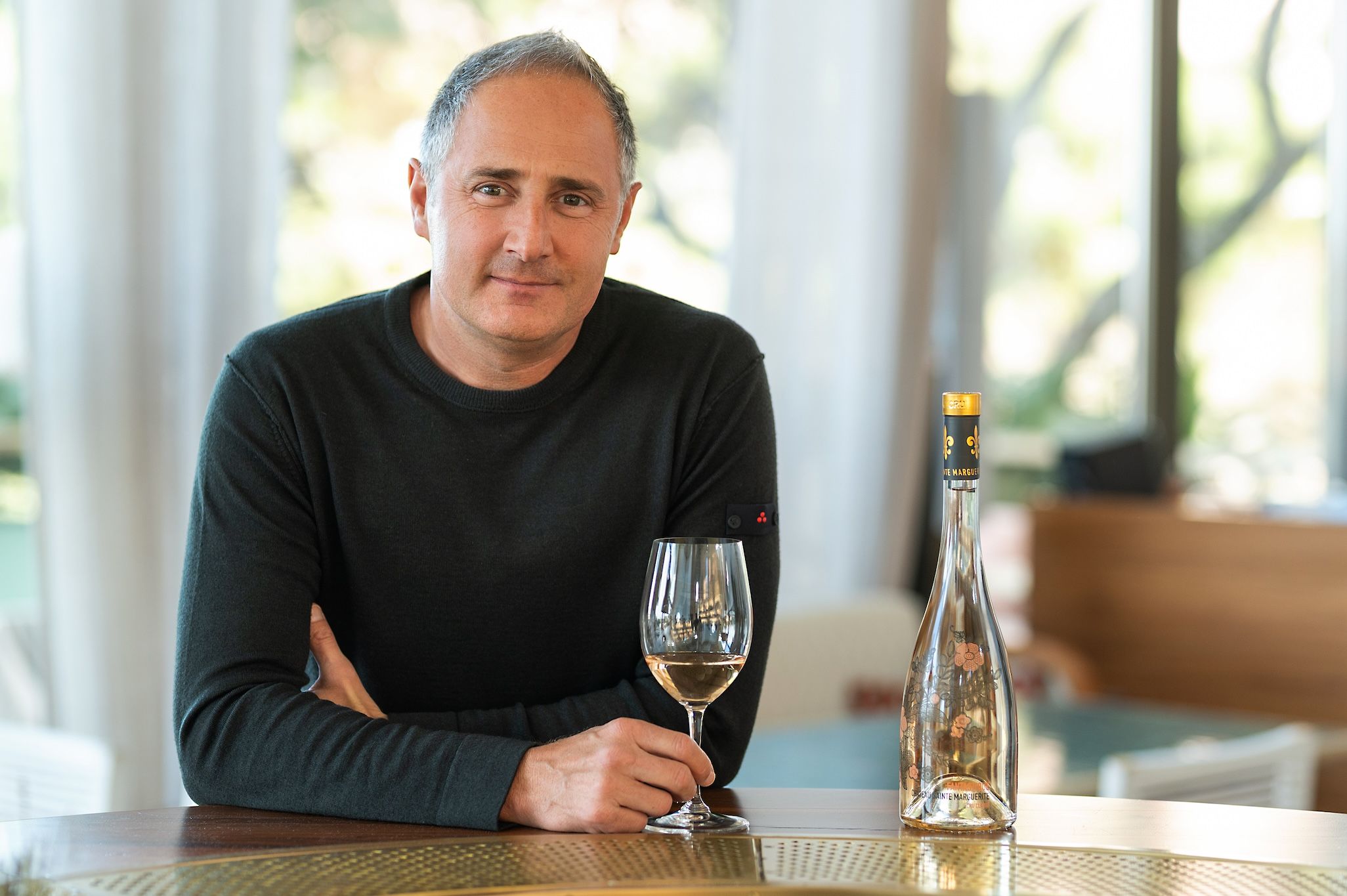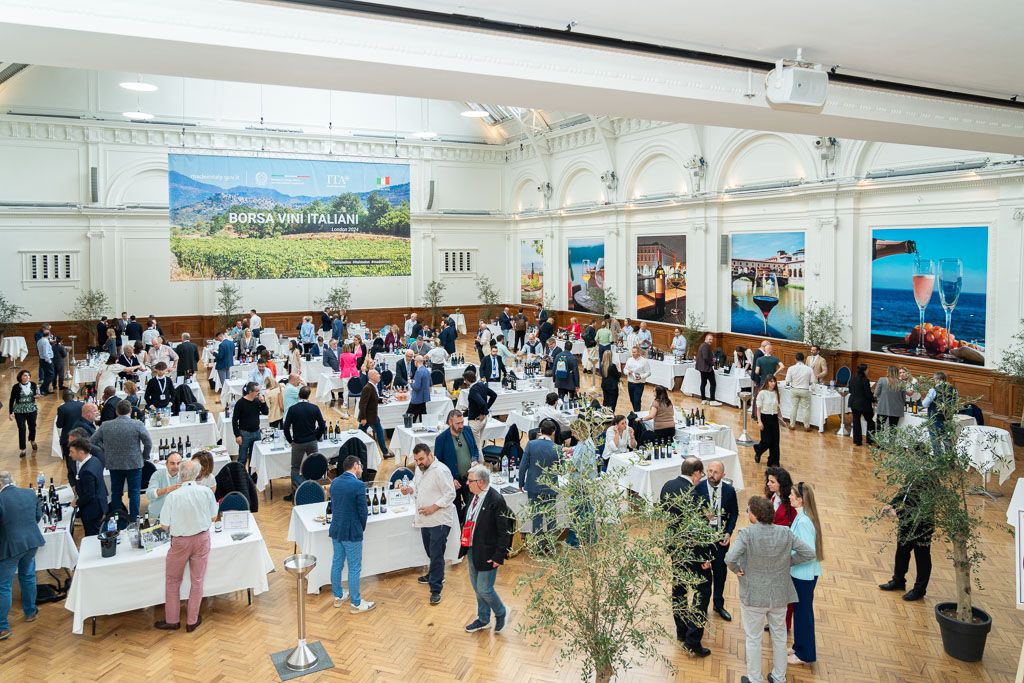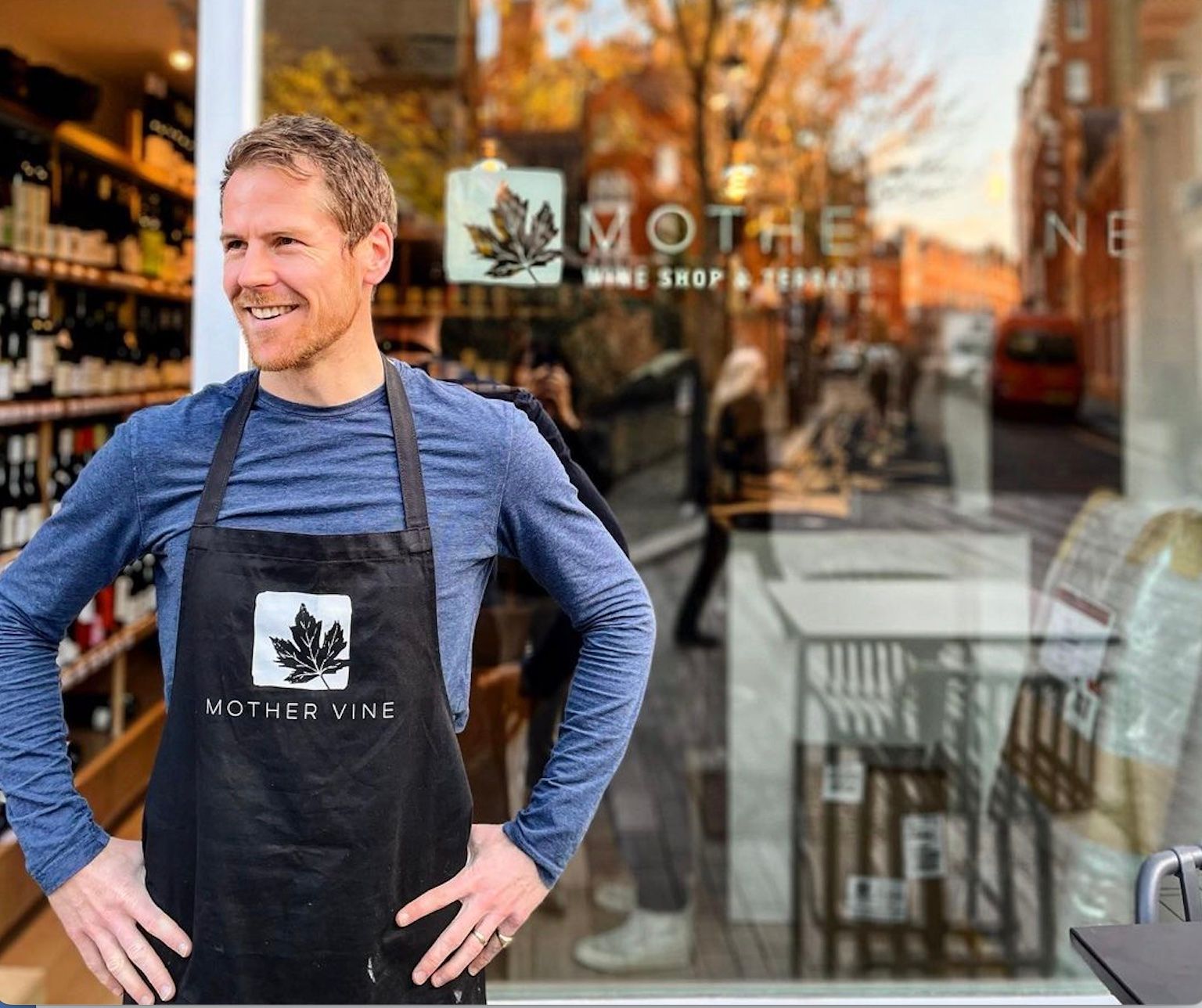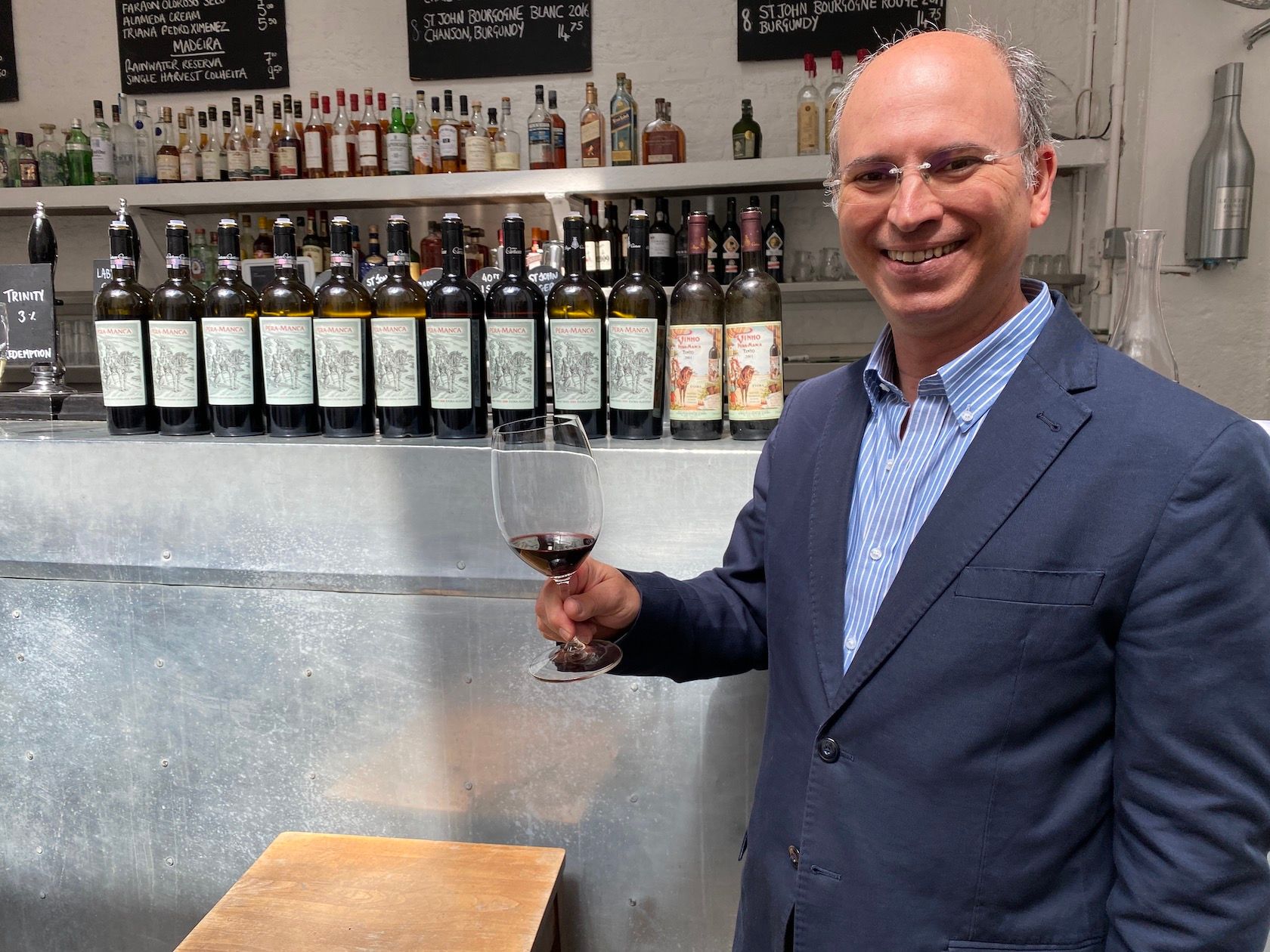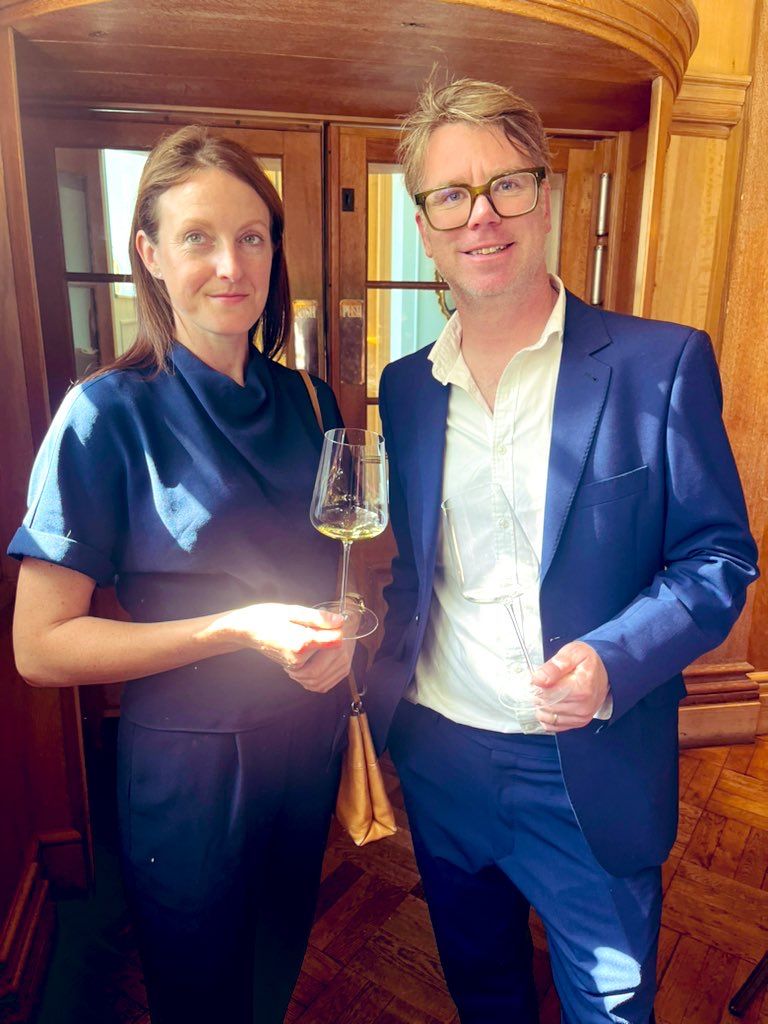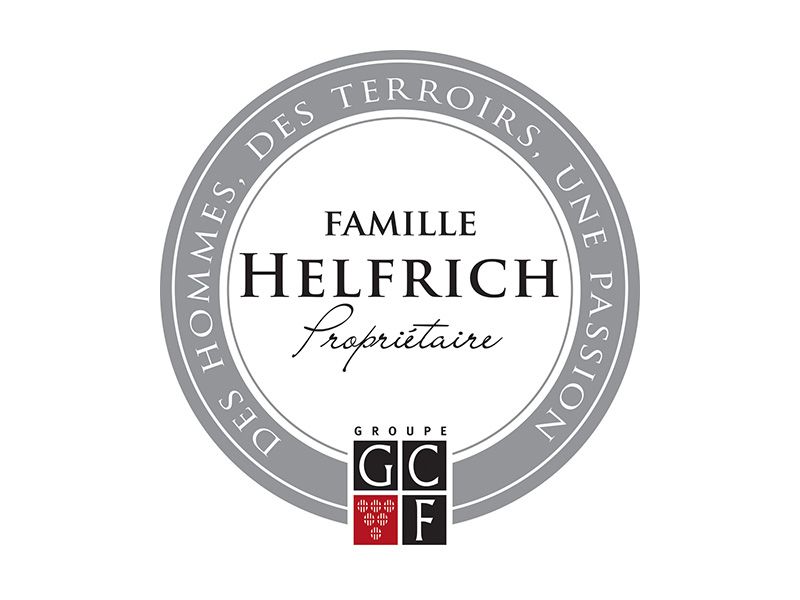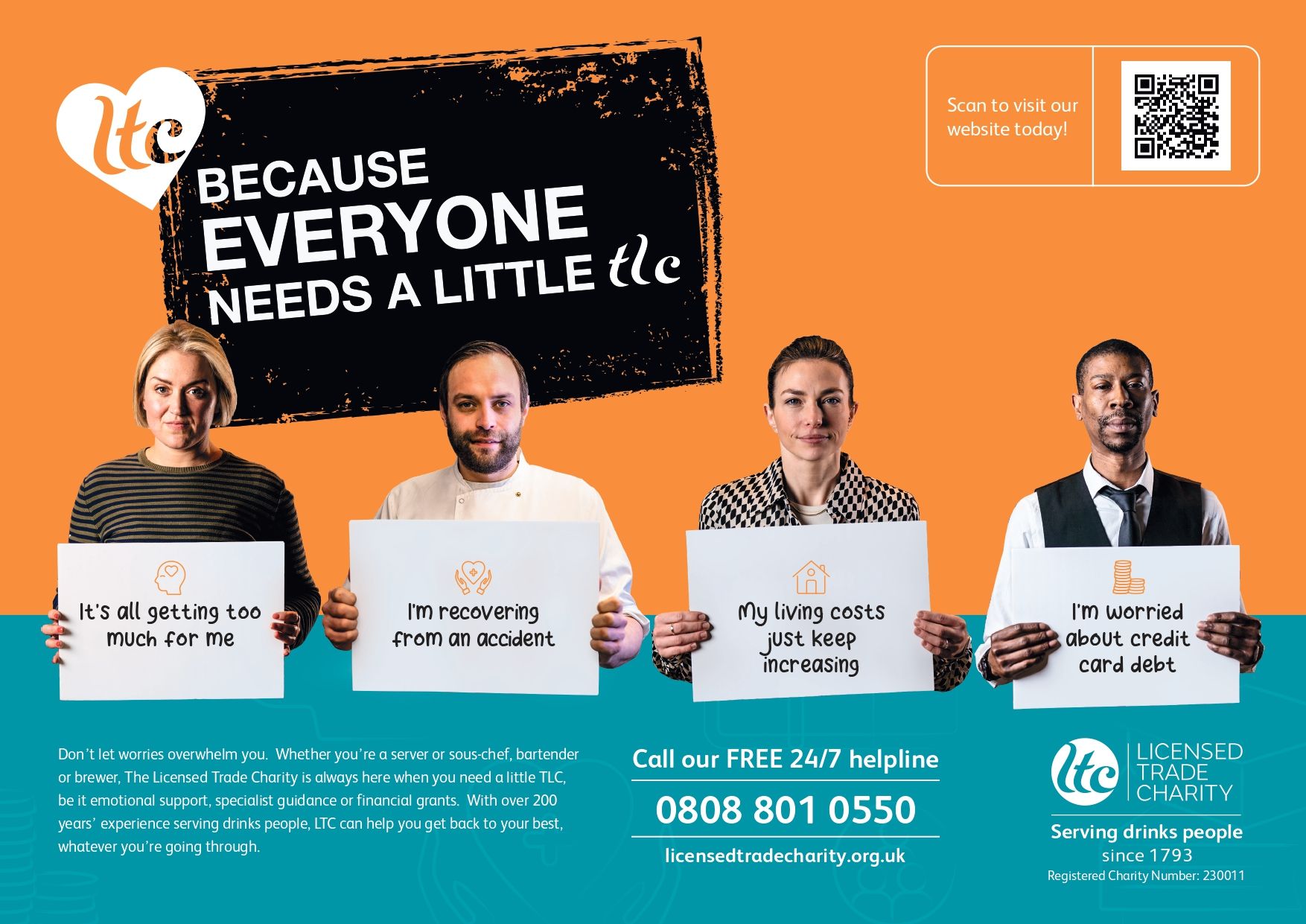So you want to include sustainable wine on your wine list, but how do you know where go and source it. James Nathan of Pull The Cork has some of the answers.
Sustainable wine isn’t a new topic for discussion. In fact, the concept of sustainability in the wine industry has been gaining in prominence since the 1980s, when Claude Bourguignon spotlighted the negative impact conventional grape growing was having on the soils of Burgundy’s vineyards.
Today, there is a growing number of UK restaurants which require their wine lists to only contain sustainable wines. Leading the way, for example, is Raymond Blanc’s Le Manoir aux Quat’ Saisons, the 2-star Michelin establishment in Oxfordshire.
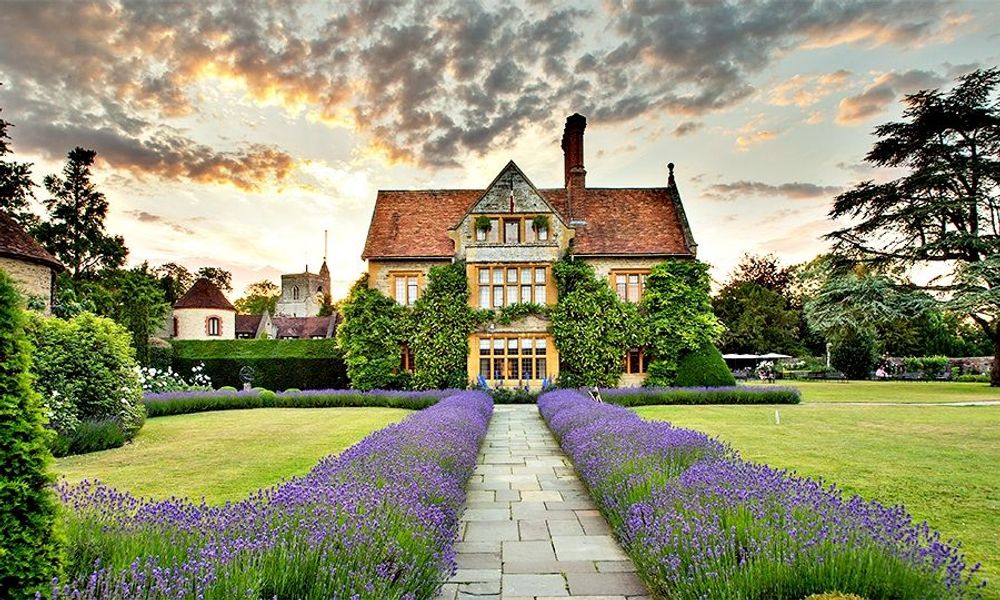
Raymond Blanc’s Le Manoir only works with sustainable wine
First off, though, you may wonder how on earth wine is damaging the environment. But wine, like every commodity that is conventionally produced, takes its toll on our little green planet. From using intensive chemicals in the vineyard, to the thousands of air miles each bottle can clock up, there is a lot of energy required and damage caused to the environment, in order to get grapes into our glasses.
But wineries are coming round to the idea that this current approach to winemaking isn’t sustainable, and so many are adapting their production processes, making changes where possible, to ensure that what they are producing will continue to be available for generations to come.
By implementing organic farming methods or even biodynamic farming methods, the wine industry is changing for the better. Switching out chemical fertilisers for cover crops and encouraging wildlife to enter the vineyard rather than close the farm off to any visitors, are all positive steps that lead to sustainable wine.
Good for the community
But let’s not forget that sustainability in wine doesn’t start and finish with the alcoholic liquid in a bottle. Sustainable winemaking does not just limit the impact the industry has on the environment, it is also a socially responsible enterprise, it supports the local community, it ensures the production remains economically viable, as well as producing high-quality wine.
Offering customers the choice to imbibe sustainably doesn’t just fill them with a sense of well being – although three out of four millennials and Generation Z consumers say they would be willing to pay more for a product or service that is sustainable.
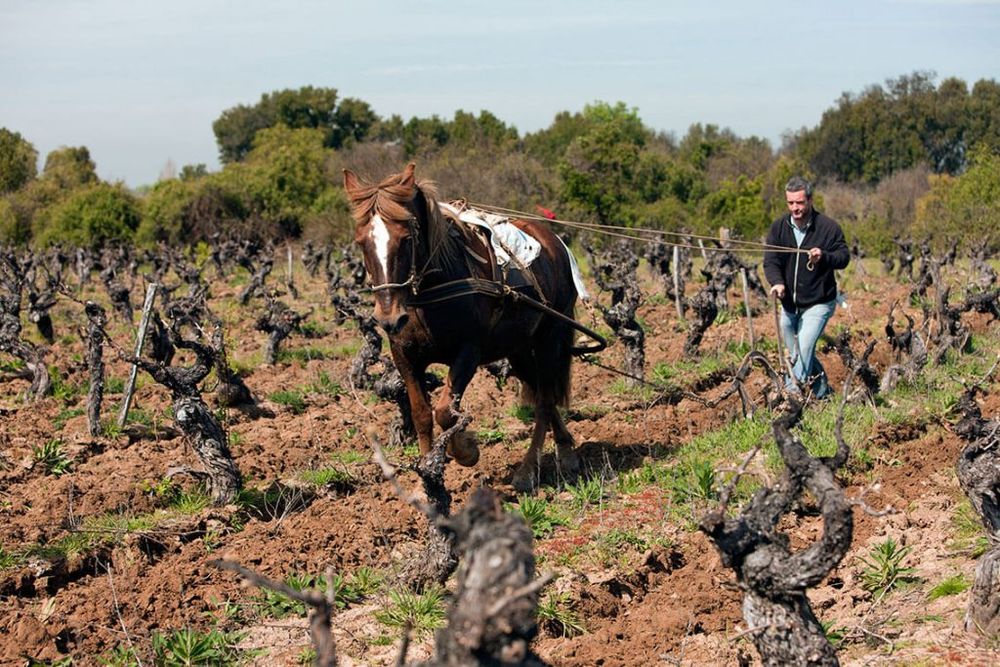
Derek Mossman of the Garage Wine Co is one of the producers leading the way in Maule in Chile with traditional ways to manage the soils and vines
But their decision to drink, and yours to stock, sustainable wine, means that inadvertently, your business is:
- Enhancing the lives of those whose subsistence relies on the continuity of the wine industry.
- Positively impacting all facets of your employee engagement. A report by the National Environment Education Foundation found that companies that demonstrated a commitment to operating sustainably were more likely to have reduced staff turnover, increased engagement and increased employee productivity.
- Addressing water security issues that threaten the wine industry.
- Lowering its carbon footprint.
By protecting, preserving and restoring the natural world, small efforts can reap great rewards. Here are five ways to easily source sustainable wine for a wine list.
1 Opt for organic.
Organic wine is a wine that has been made from grapes grown without the use of artificial chemicals. So no man-made fertilisers, pesticides, fungicides, herbicides of any sort. Organic wine is also likely to have been harvested manually, resulting in lower yields of fruit but working in harmony with nature, rather than against it.
Advocates of organic farming firmly believe that the use of artificial chemicals don’t just harm our health, but the health of the land on which they are used – damaging the soil, the waterways, the ecosystem and the flora and fauna of the surrounding countryside.
2 Buy biodynamic
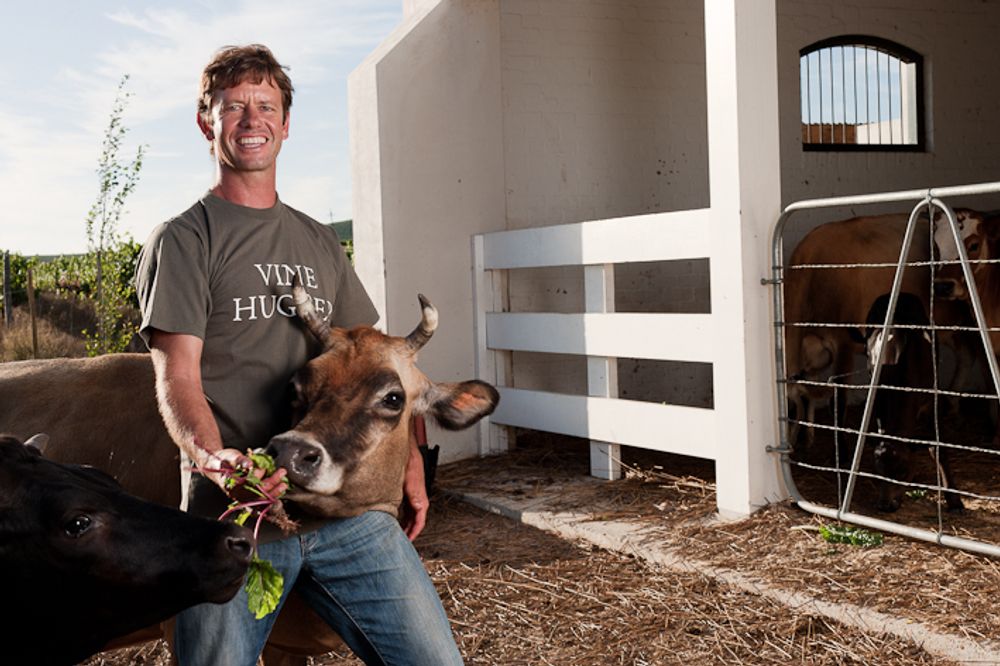
Johan Reyneke has run on the of the oldest and most successful biodynamic wineries in South Africa
Biodynamic wine takes organic to a whole new level. Biodynamic farming principles are based on the work of Rudolph Steiner, who believed that farms are not stand-alone entities, but are in fact interconnected with the ecosystem in which they exist. Biodynamic farms are an extreme form of organic farming, requiring a great deal of commitment and input from the farmers, who need to work in accordance with the seasons, the phases of the moon and even planetary alignment.
3 Go natural
Natural wine is also known as raw wine, and is considered to be wine its purest form. Natural wines are produced using grapes grown through organic or biodynamic farming practices and harvested manually. The grape juice is turned into wine using wild fermentation, relying on the grapes’ own natural yeasts to break down the sugars to alcohol, rather than adding cultured yeasts.
The wine itself is produced using low intervention methods, with the vintner interfering in the process as little as possible. No sugars are added, no acids, no sulphites either, and the wines are likely to be unfiltered and unfined. Natural wines are bursting with character, a real representation of local winemaking methods and a true reflection of the terroir from which they come.
4 Shop locally
If you aren’t sure about the sustainability of wine, just stick with locally produced wine. That way, at the very least, you are guaranteed the wine won’t have clocked up any air miles, automatically limiting its carbon footprint.
5 Check the packaging
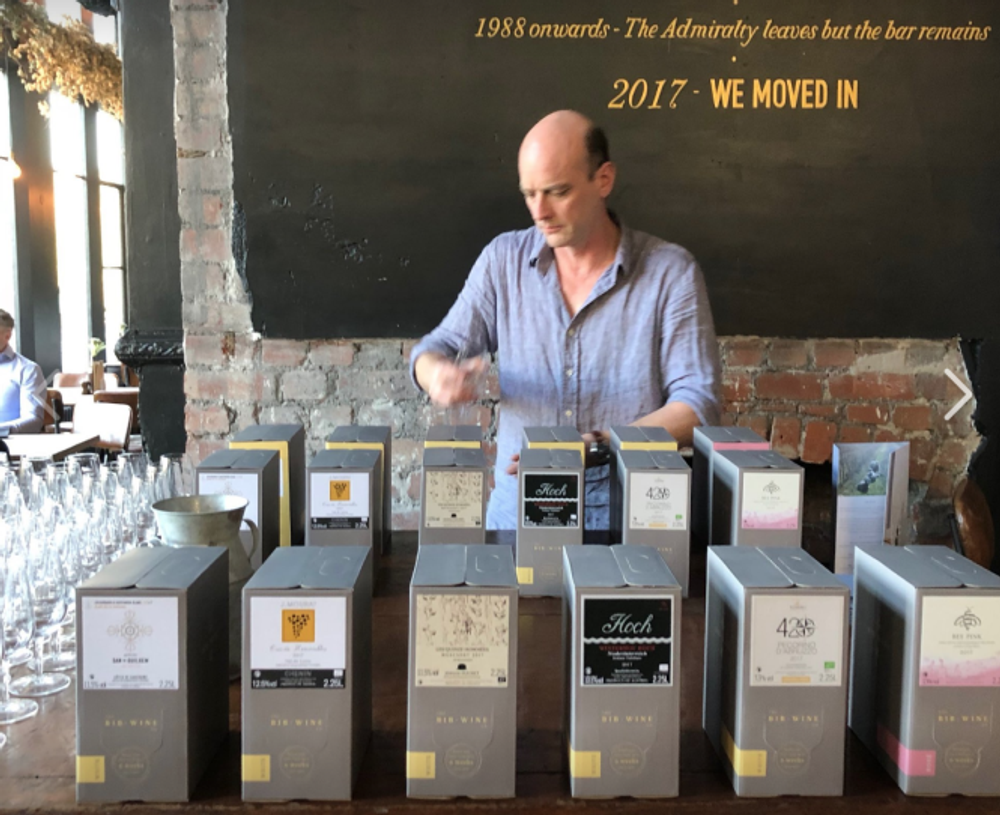
The Bag in Box Wine Company is one of a number of businesses now offering premium wine in a sustainable format
Does the wine you are purchasing come in bottles made from recycled glass? Does it contain a plastic or cork stopper? Does it have a tin capsule – a purely aesthetic addition that is made from a material sourced from conflict countries, or an aluminium wrapper which requires a lot of energy to make, both of which are binned immediately?
You know what the answers to these questions have to be, so try and ask them before purchasing any wine, and you won’t go far wrong in your efforts to source sustainable wine for your wine list.
* Pull The Cork is a specialist in sustainable wine. From natural to biodynamic, we champion the small, artisan vintners who are ensuring a sustainable supply of wine, not just today, but for the generations to come.
